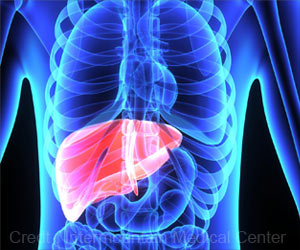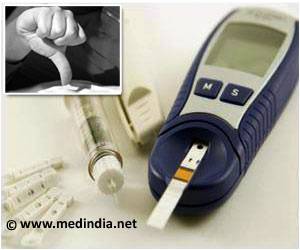Highlights:
- Anti-rejection drugs may not be required anymore to prevent rejection in transplant recipients
- Infusion of modified white blood cells before and after transplant will help prevent rejection in recipients
Read More..
Organ Transplantation and Immunosuppression
Transplantation continues to remain the only effective treatment option for most patients with end-stage organ failure. Following a successful transplant, it is essential to prevent rejection of the transplanted organ and the recipients must, therefore, take drugs to suppress the body’s immune system in the long term. However, these immunosuppressive drugs are effective in preventing rejection only over the short term. Recipients taking these medicines may be prone to serious infections and even cancer as the drugs suppress the body’s immune system nonspecifically. Moreover, diseases like hypertension, kidney toxicity, diarrhea, and diabetes, which are the non-immunological side effects of immunosuppression may diminish the advantages of the transplant received. Additionally, many recipients lose their grafts as immunosuppressive drugs are not very effective in preventing rejection over longer periods of time.Looking Beyond Immunosuppressive Drugs
Survival of an increasing number of chronically immunosuppressed transplant recipients has been affected as there has been no progress in the field of immune tolerance. Pursuing immune tolerance has become the primary goal in the field of transplant medicine for many immunologists.Enhanced transplants and patient survival could be achieved if tolerance to transplants is developed, while the need for chronic immunosuppression could be eliminated.
Immunologists, for many decades now have been attempting to help the immune systems of transplant recipients to accept transplanted cells and organs without taking anti-rejection drugs in the long-term. Peter Medawar was the first to demonstrate that immune tolerance of transplants can be achieved, using mice to prove his claim in his Nobel Prize-winning work 65 years ago. Transplant tolerance has been achieved only in very few patients despite this great significance.
Study
Preclinical research undertaken by the New University of Minnesota has shown that anti-rejection may not be required to prevent rejection of transplanted organs in recipients. The research was a collaborative effort between the University of Minnesota Medical School's Department of Surgery and Schulze Diabetes Institute and the Northwestern University and the study had been published in Nature Communications.Nonhuman primates, a step away from humans, were the subjects of the study that was performed in a stringent preclinical transplant setting. The research team was able to maintain long-term survival and function of pancreatic islet transplants despite completely discontinuing the anti-rejection drugs 21 days after the transplant.
Eliminating Immunosuppressive Drugs
The unique attributes of modified donor white blood cells have been used by the study to its advantage. These blood cells were infused into transplant recipients one week before and one day after the transplant. This resulted in nature's formula for sustaining the body's tolerance of its own tissues and organs being repeated.Islet cell transplants could become the choice of treatment with the elimination of the need for long-term anti-rejection drugs. They could possibly also become a cure for people suffering from type 1 diabetes.
Dr. Bernhard Hering, Professor and Vice-Chair of Translational Medicine in the Department of Surgery at the University of Minnesota and the holder of Jeffrey Dobbs and David Sutherland, MD, PhD, Chair in Diabetes Research, is the senior author of the study. He was quoted saying, “Our study is the first that reliably and safely induces lasting immune tolerance of transplants in nonhuman primates. The consistency with which we were able to induce and maintain tolerance to transplants in nonhuman primates makes us very hopeful that our findings can be confirmed for the benefit of patients in planned clinical trials in pancreatic islet and living-donor kidney transplantation - it would open an entirely new era in transplantation medicine.”
References:
- Researchers Remove the Need for Anti-Rejection Drugs in Transplant Recipients - (https://med.umn.edu/news-events/researchers-remove-need-anti-rejection-drugs-transplant-recipients)
Source-Medindia











